Optimal Seasons for Septic Tank Repairs
Septic tank repairs are most effectively performed during periods of stable weather, typically in late spring or early fall. These seasons offer moderate temperatures and dry conditions, which minimize the risk of weather-related disruptions and allow for safer, more efficient repair work. Performing repairs during these times can also prevent further damage caused by extreme weather such as heavy rain or freezing temperatures.
Late spring and early fall provide optimal conditions for septic tank repairs due to mild weather and stable ground conditions.
Cold temperatures and frozen ground can hinder repair efforts and increase risks of complications.
These seasons allow for easier access and reduce the likelihood of service delays caused by weather.
Heavy rainfall can cause soil instability, making repairs more challenging and potentially unsafe.
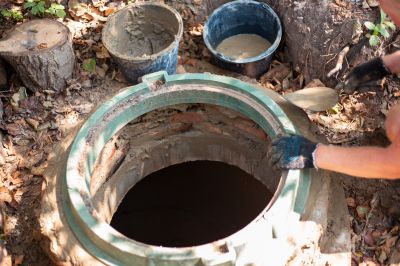
Routine inspections help identify issues early and determine the best repair timing.
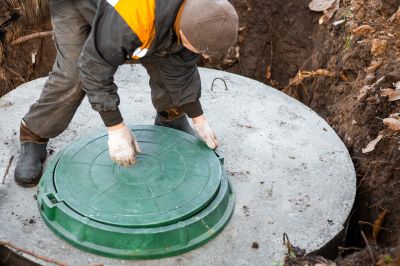
Timely repairs during suitable weather conditions can extend the lifespan of septic systems.
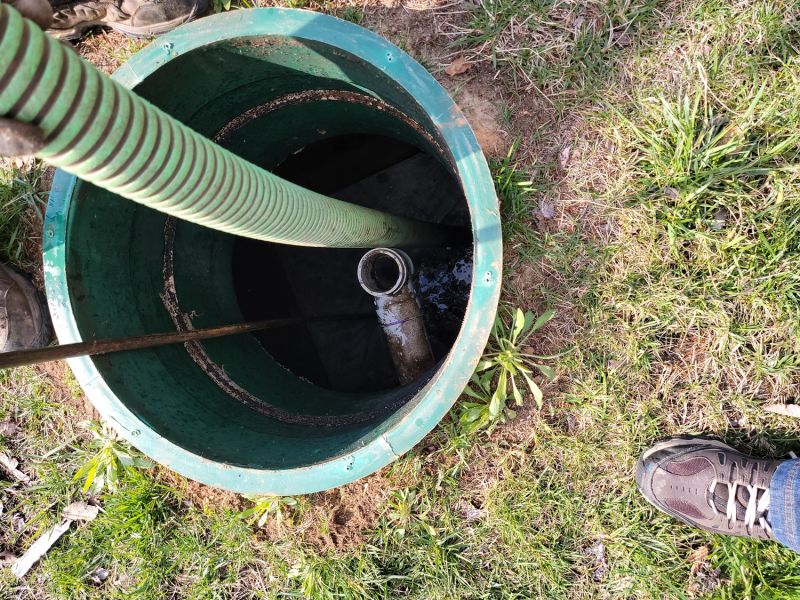
Proper equipment and planning are essential for effective septic tank repairs.
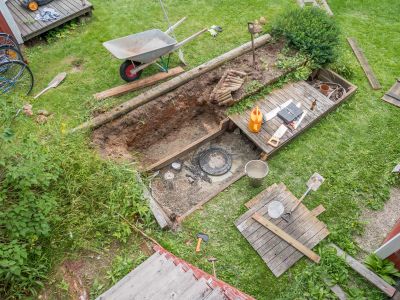
Ways to make Septic Tank Repairs work in tight or awkward layouts.
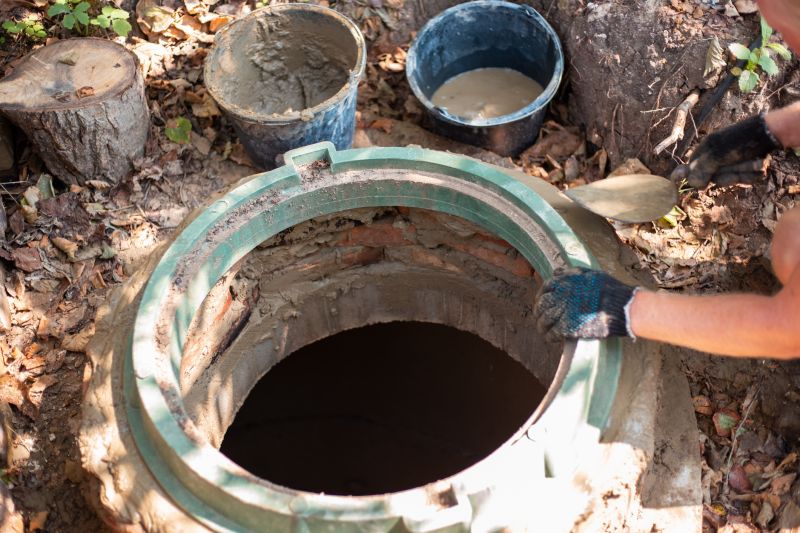
Popular materials for Septic Tank Repairs and why they hold up over time.
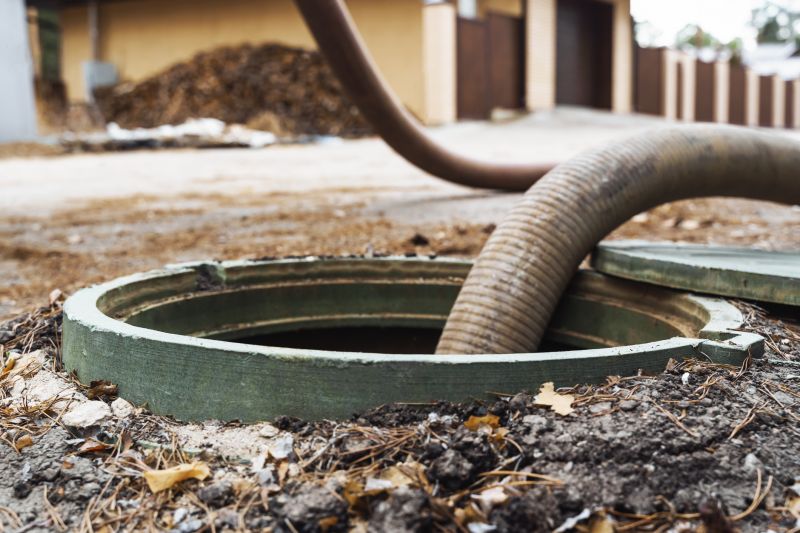
Simple add-ons that improve Septic Tank Repairs without blowing the budget.
| Season | Optimal Repair Conditions |
|---|---|
| Spring | Moderate temperatures, dry ground, less rainfall |
| Summer | Suitable in early summer, but avoid peak heat |
| Fall | Ideal due to mild weather and stable soil |
| Winter | Not recommended due to freezing temperatures |
Septic tank repairs are essential for maintaining the proper function of a septic system, preventing costly failures, and ensuring environmental safety. Regular inspections can help detect issues such as leaks, blockages, or deterioration of components. Addressing these problems promptly during the appropriate seasons can minimize service disruptions and extend the lifespan of the system. Statistics indicate that timely repairs can reduce the likelihood of system failure by up to 30%, saving property owners significant expenses in the long run.



